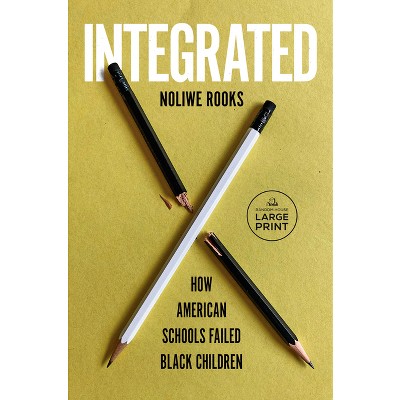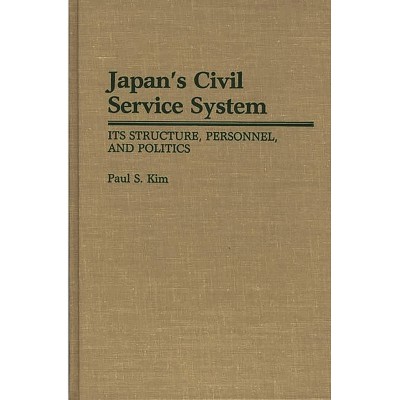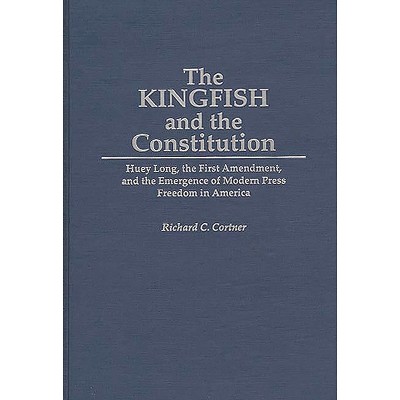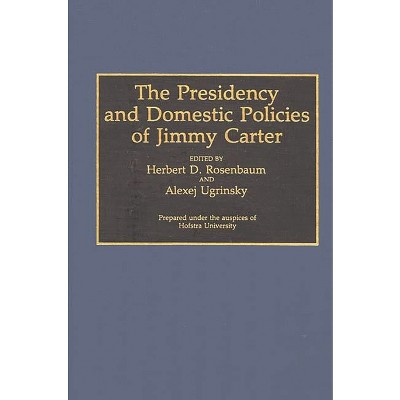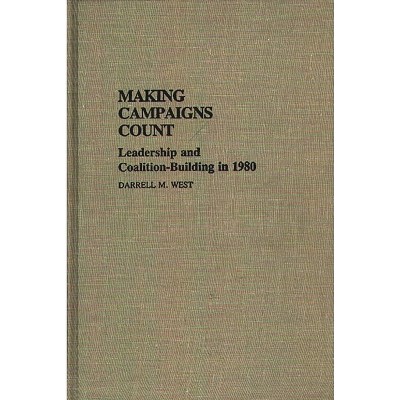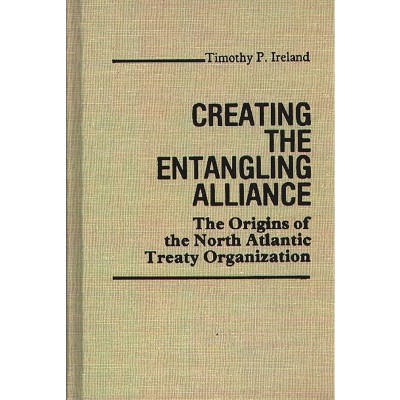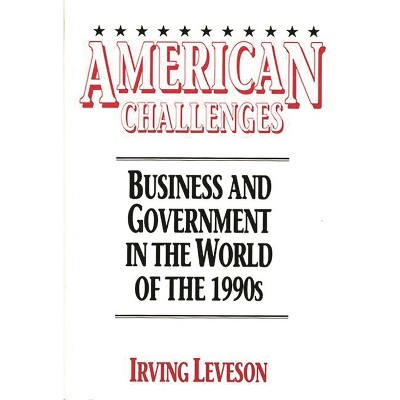Sponsored

Japan's Role in the Post-Cold War World - (Contributions in Political Science) by Akiva Kato & Richard Leitch & Martin E Weinstein (Hardcover)
In Stock
Sponsored
About this item
Highlights
- American and Japanese experts provide a concise and clearly written survey of Japan's relationships around the world and the foreign policy perspectives in Tokyo today based on lively interviews with key policymakers and new research there.
- About the Author: RICHARD D. LEITCH, JR. is in the Department of Political Science at Gustavus Adolphus College in St. Paul, Minnesota.
- 240 Pages
- History, General
- Series Name: Contributions in Political Science
Description
About the Book
American and Japanese experts provide a concise and clearly written survey of Japan's relationships around the world and the foreign policy perspectives in Tokyo today based on lively interviews with key policymakers and new research there. The study offers a short background history of Japanese perceptions of the international system from the mid-19th century to the end of the Cold War and considers Japan's role in the post-Cold War world.
This brief analysis concludes with views about the future possible relationships with Asian neighbors, Europe, the Russian Republic, and the United States. This study defines the bilateral and global dimensions of Japanese foreign policy. Recommended for general readers and as a text for undergraduate and graduate students in courses in comparative politics, U.S. foreign policy, and world history.
Book Synopsis
American and Japanese experts provide a concise and clearly written survey of Japan's relationships around the world and the foreign policy perspectives in Tokyo today based on lively interviews with key policymakers and new research there. The study offers a short background history of Japanese perceptions of the international system from the mid-19th century to the end of the Cold War and considers Japan's role in the post-Cold War world.
This brief analysis concludes with views about the future possible relationships with Asian neighbors, Europe, the Russian Republic, and the United States. This study defines the bilateral and global dimensions of Japanese foreign policy. Recommended for general readers and as a text for undergraduate and graduate students in courses in comparative politics, U.S. foreign policy, and world history.Review Quotes
?Leitch, Kato, and Weinstein discuss "East and weats in Japanese Forigen policy,"examine Japan's difficuties in setting its post-Cold War coure, and provide separate chapters on Japan's relation with Aasis, Europe, Russia, and the United States.?-The Journal of Asian Studies
"Leitch, Kato, and Weinstein discuss "East and weats in Japanese Forigen policy,"examine Japan's difficuties in setting its post-Cold War coure, and provide separate chapters on Japan's relation with Aasis, Europe, Russia, and the United States."-The Journal of Asian Studies
About the Author
RICHARD D. LEITCH, JR. is in the Department of Political Science at Gustavus Adolphus College in St. Paul, Minnesota. He has recently completed a research project for the Japan Foundation Center for Global Partnership in Tokyo.
AKIRA KATO is a Professor at the National Institute for Defense Studies in Tokyo. He is also the author of Gendai Sensoron. MARTIN E. WEINSTEIN, Professor of Political Science, University of Montana, is well known for his numerous studies of Japanese politics, including The Human Face of Japan's Leadership (Greenwood, 1990).Shipping details
Return details
Trending Non-Fiction







